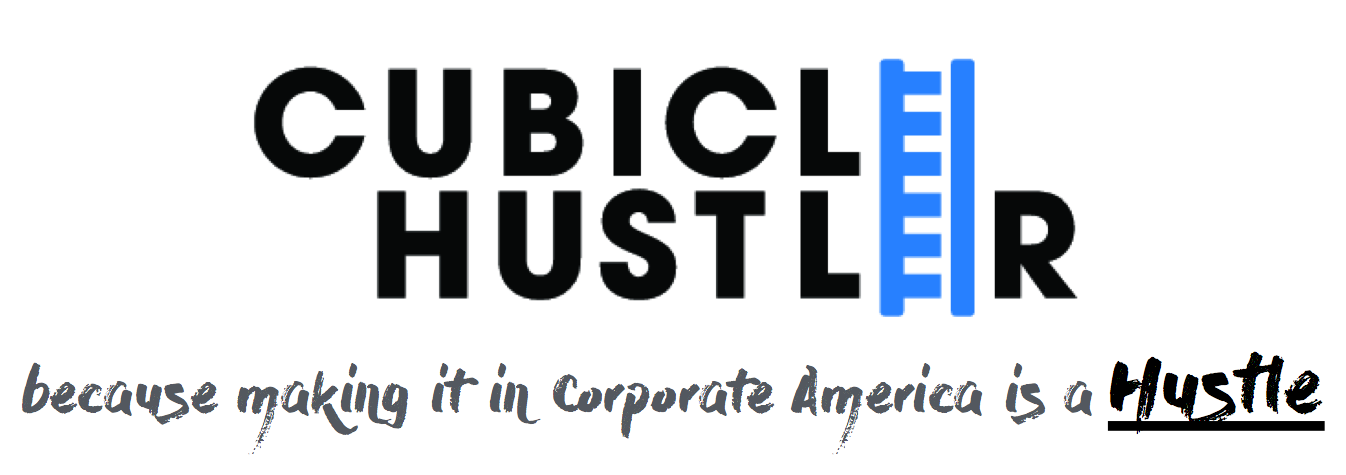Oh Sh*t! How to Recover from a Major Work Mistake
/Oh Sh*t! How to recover from a major work mistake. Only on CubicleHustler.com
You f*cked up. We're not talking a typo or using they're instead of their (although, please, PLEASE, don't do that). Not just a small accident, a big one that majorly impacts your team and those around you. No, you my friend really stepped in it, screwed the pooch, blew it big time, effed up.
It happens to everyone eventually. And it will happen to you. Despite your best intentions, you will mess up at work eventually. Either by screwing up a project, forgetting something crucial, or by the many other ways one can make a massive mistake. It is going to happen. The important thing to manage is how you handle the aftermath.
Step #1 – Alert Your Manager and Admit Your Mistake
As soon as you realize you messed up, tell your manager. In most situations, the longer you let something go, the worse the outcome will be. Alert your manager as soon as you realize your mistake so that you can both work on trying to remedy the situation or contain the fallout.
When you alert your manager, take full responsibility for the mistake. Even if you were working on a team or relying on someone else, the ultimate responsibility for proper, accurate execution of your projects falls on you. If you try to deflect blame onto someone else, it only serves to make you look immature and irresponsible. Taking the blame for mistakes shows professional maturity and actually engenders trust.
“Stacy, you asked me to issue the competitive sales report to the entire field team and I just realized that I forgot to include the latest third quarter estimates so the numbers they’ve been using to pitch clients are wrong.”
Step #2 – Have a Game Plan
Now, don’t just go to your manager and say “I screwed up.” That puts the onus on her to work through a solution and again, makes you look immature. Always think things through to potential resolutions and strategies. Even if your manager chooses to handle differently, thinking through a solution shows that you recognize the impact of your mistake and that you are sincere in trying to fix it.
“I reran the report including the third quarter numbers and can immediately reissue to the team. I checked with the field team coordinator and two of our top field sales people have already taken meetings with their biggest clients. I think we should schedule a call with them first to alert them to the situation and discuss personalized communication to those clients.”
Step #3 – Understand Why You Messed Up
Once the immediate fire is put out, your manager is going to want to make sure that these kinds of big mistakes don’t happen again. Know what went wrong in the process and be prepared with your own personal plan to avoid something similar in the future. Again, take responsibility for ensuring that it doesn’t happen again; don’t make this your manager’s problem.
Sidebar: I once had someone on my team who didn’t complete an analysis I’d asked her to do before a big meeting. Even though I’d checked in a few days prior to ensure we were on track, the night before she didn’t have it done and claimed I hadn’t asked her to do it. She completely forgot. Fair enough – we’re all human. But it was the ensuing response that pissed me off, and made me sure that her contract would be short term and one time only. She asked “what can we do to avoid this in the future?” Nothing. WE can’t do anything, YOU can keep better track of your assignments and complete them on time. Had she used a different pronoun, and taken full responsibility for the mistake, I probably wouldn’t remember this incident now, a full four years later. Just that one phrase showed me that she was not responsible, in addition to being unorganized.
Back to the point, here's how to handle if –
You forgot
“I was working too fast and simply forgot to check the system for the latest numbers. I’ve set up a reminder on my calendar for the next report to check for the latest quarter’s numbers. This won’t happen again.”
You just did it wrong
"I wasn’t clear on how the monthly report data was calculated. I’ve set up time to sit with finance and go through the reports more in depth so that I truly understand all of the moving parts for each report. This won’t happen again.”
You were relying on someone else or there was a breakdown in the teamwork
This one is tricky because like I said above, you want to take full responsibility and not look like you're placing blame. But you do also want to be honest about what happened. Unless you feel like the other party intentionally undermined you or purposely tried to derail the project, give an explanation that offers them as much benefit of the doubt as you can.
I was working with the partnerships team and they had a last minute project that took priority over this one so I wasn't able to check some of the assumptions against their information. I understand that team is often stretched to their limits so next time, I'm going to meet with them as early as possible to get their input. I'm also sitting with the partnerships manager for a full download on their last few reports so I'll be more familiar if they're pulled away again.
If you follow these Three Rules, you should be able to recover from your mistake with little damage to your reputation, some hard earned lessons learned, and hopefully / eventually, a tiny bit of newfound respect from your manager.














